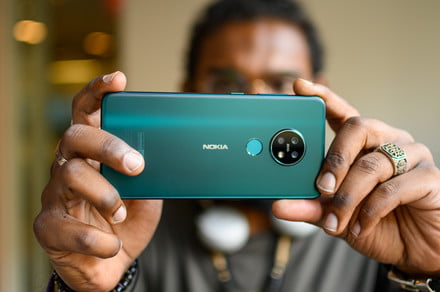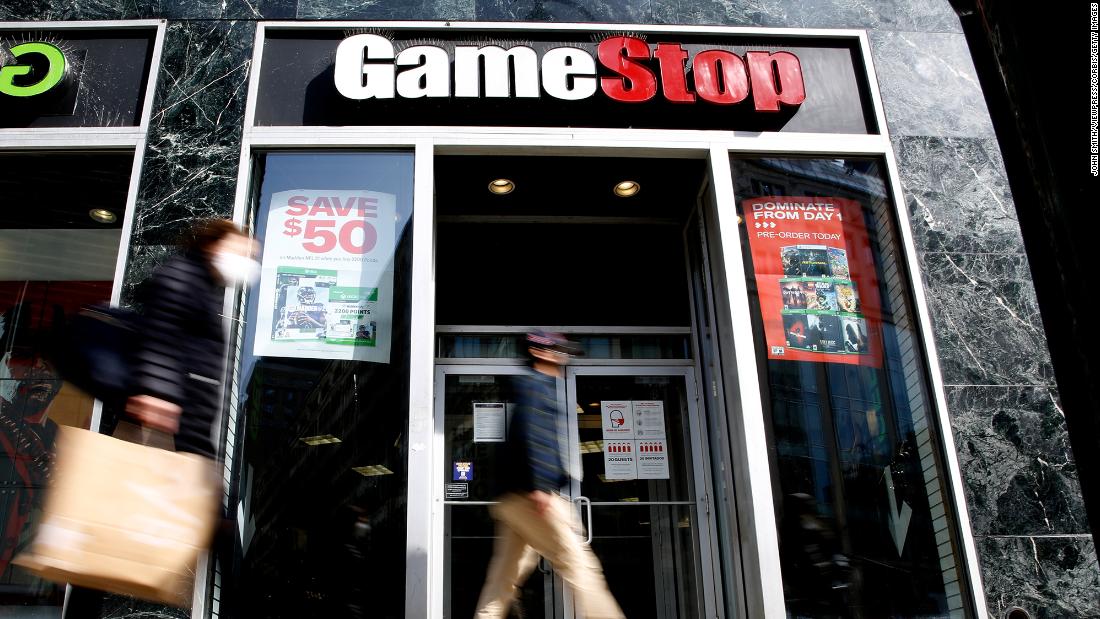HMD Global, the company with the licence to produce Nokia smartphones, has launched HMD Mobile, an MVNO in the U.K. which will be sold alongside its phones.


HMD Global, the company with the licence to produce Nokia smartphones, has launched HMD Mobile, an MVNO in the U.K. which will be sold alongside its phones.

Spring has sprung, and there is a sense of relief in the air. After one year of lockdowns and social distancing, more than 171 million COVID-19 vaccine doses have been administered in the U.S. and about 19.4% of the population is fully vaccinated. But there is something else in the air: ominous SARS-CoV-2 variants.

The current roadmap out of lockdown for England could lead to an extra 15,700 deaths by next summer, according to Imperial’s latest modeling.

George Sherman may still be the CEO of meme stock poster child GameStop. But it looks like Chewy co-founder Ryan Cohen is really running the show.

Researchers exploring the developing central nervous system of fruit flies have identified nonelectrical cells that transition the brain from highly plastic into a less moldable, mature state.

When a new drug is being developed, the first question is, “Does it work?” The second question is, “Does it do harm?” No matter how effective a therapy is, if it harms the patient in the process, it has little value.

As new coronavirus cases soared across the Upper Midwest on Wednesday, the director of the U.S. Centers for Disease Control and Prevention said that a highly infectious variant first discovered in Britain has now become the most common source of infections in this country.

Slovakia’s drug regulator said Thursday it was not able to determine the safety of a batch of Russia’s Sputnik V vaccine delivered to Bratislava last month, voicing misgivings about its composition.

Hispanic immigrants of working age—20 to 54 years old—are over 11 times more likely to die of COVID-19 than U.S.-born men and women who are not Hispanic, according to a USC study of California death certificate data from 2020.

Africa is on the “sidelines” of the worldwide vaccination drive against COVID-19, with only two percent of the global total to have received jabs, the World Health Organization (WHO) said Thursday, citing supply, funding and personnel shortfalls.